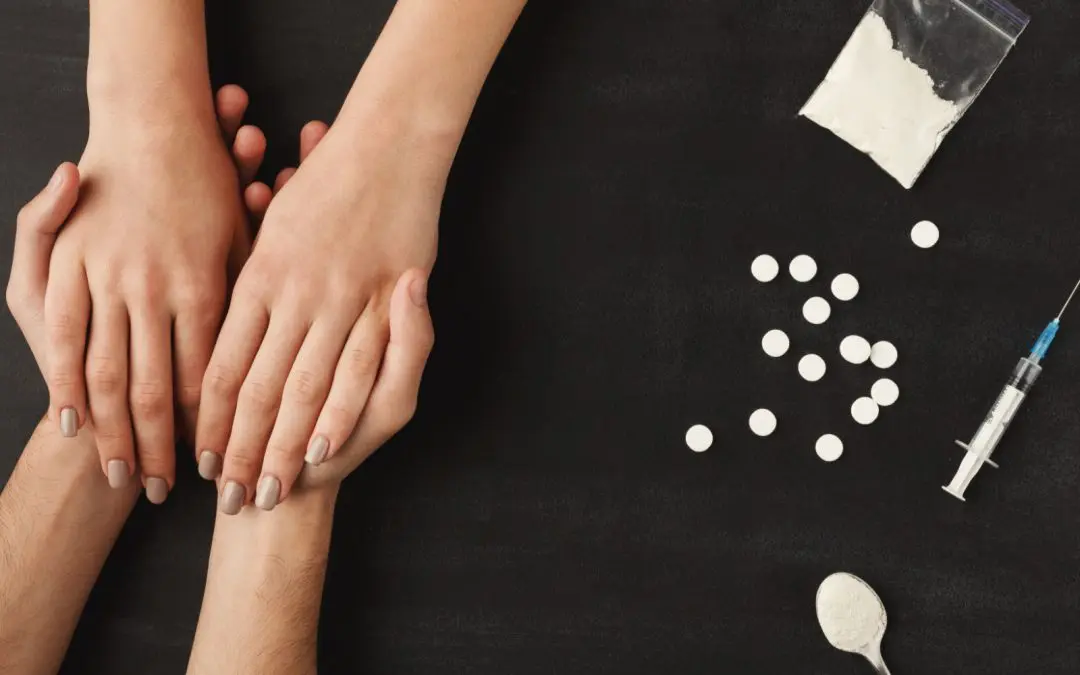24/7 Helpline:
(866) 899-111424/7 Helpline:
(866) 899-1114
Learn more about PTSD Treatment centers in Gilmer
PTSD Treatment in Other Cities

Other Insurance Options

Multiplan

Covered California

MVP Healthcare

Ceridian

WellPoint

Magellan Health

Aetna

GEHA

BlueShield

EmblemHealth

WellCare Health Plans

Health Choice

Access to Recovery (ATR) Voucher

UnitedHealth Group

MHNNet Behavioral Health

Meritain

Lucent

AllWell

Private insurance

Holman Group

Wellness Pointe
Wellness Pointe is a Federally Qualified Health Center that provides behavioral health services for ...

Community Healthcore
Community Healthcore offers drug and alcohol addiction rehabilitation along with helping families co...


























